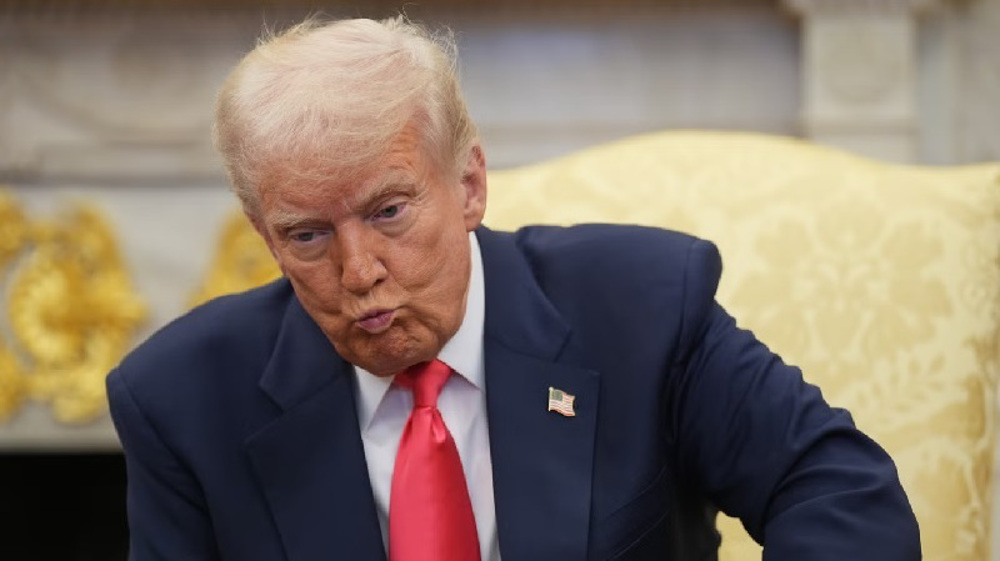US trade deal not enough for Brexit: UK justice minister
A trade deal with the US alone is not enough to justify the UK’s decision to leave the European Union (EU), says British justice minister David Lidington.
"It wouldn't be enough on its own, no," Lidington told BBC on Sunday. "But it would be a very good thing to have - as would trade deals with the emerging economies of Asia and Latin America."
The comments provide a clear look into the government of Prime Minister Theresa May’s concerns about the UK economy’s post-Brexit shape.
The EU has blasted London's decision to end its decades-long membership in the bloc as a “protectionist” move, a point that EU’s institutional chiefs Donald Tusk and Jean-Claude Juncker made clear as they unveiled a major free trade deal to create the world’s largest open economic zone with Japan.
"Although some are saying that the time of isolationism and disintegration is coming again, we are demonstrating that this is not the case," said Tusk.
Read More:
He also took a swipe at Brexit supporters' slogan of "Global Britain," signing off a tweet about the deal with the words "Global Europe!"
Juncker echoed the same views, noting that the deal “shows that closing ourselves off from the world is not good for business, nor for the global economy, nor for workers.”
“As far as we are concerned, there is no protection in protectionism,” he added.

Former US President Barack Obama had warned May that leaving the EU would send the UK to the back of the queue of trade deals with the US.
However, his successor Donald Trump reassured her that even after Brexit the two allies would keep their relationship “special.”
May has been frequenting various Persian Gulf countries in the hope of securing new long-term deals with oil-rich Arab monarchies such as Saudi Arabia and Bahrain.
In doing so, she has resisted immense pressure to drop multi-billion dollar weapons deals with those regimes over their human rights record.
The PM is struggling to keep her position as the leader of Brexit talks after a miscalculated snap general election call that saw her party lose its parliamentary majority.

Dozen US states sue Trump government over 'insane, reckless' tariffs

Trump ratings low amid US economic turmoil

Moroccan port workers protest Maersk ship carrying F-35 parts to Israel
VIDEO | Press TV's news headlines
Euro-Med: At least 94% of those killed in Gaza are civilians
VIDEO | Expo 2025 in Tehran showcases Iran trade, investment opportunities
VIDEO | Fresh US airstrikes target more Yemeni civilians
UN: US strikes in Yemen pose growing risk to civilians
VIDEO | Iran economic diplomacy
Iran mulls buying oil from Azerbaijan amid warming ties: Report
Israeli settlers storm al-Aqsa Mosque amid intensified West Bank raids












 This makes it easy to access the Press TV website
This makes it easy to access the Press TV website